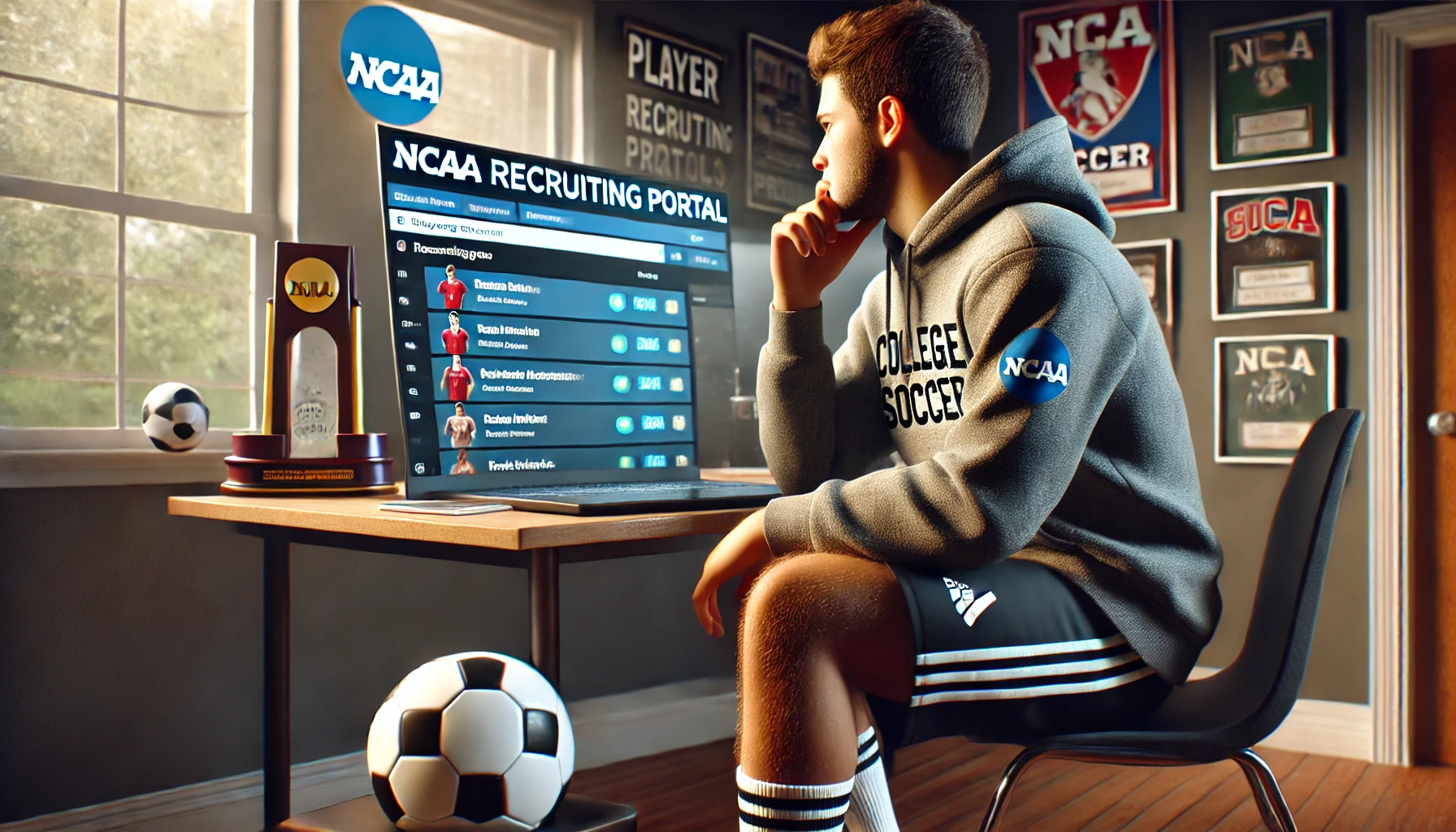Recruiting Rules: What College-Bound Soccer Players Need to Know
Navigating the landscape of college soccer recruiting can be intricate for aspiring athletes. Understanding the recruiting rules and eligibility requirements set by organizations like the NCAA, NAIA, and NJCAA is crucial for a successful transition to collegiate soccer. This comprehensive guide delves into the key aspects of soccer recruiting, providing insights into contact periods, eligibility criteria, and essential tips for prospective student-athletes.
Understanding NCAA Soccer Recruiting Rules
The NCAA has established specific recruiting rules to ensure a fair and transparent process for college-bound soccer players. These rules define when and how college coaches can interact with prospective student-athletes.
Contact Periods: During designated contact periods, college coaches are permitted to have face-to-face interactions with recruits, both on and off-campus. This is a prime opportunity for athletes to engage directly with coaches to discuss recruitment opportunities.
Dead Periods: In contrast, dead periods are times when coaches are prohibited from in-person contact with recruits. However, communication via phone calls and emails is typically allowed during these times.
Recruiting Calendars: The NCAA provides recruiting calendars that outline specific dates for contact periods, evaluation periods, quiet periods, and dead periods. These calendars vary by sport and division, so it's essential for recruits to familiarize themselves with the timelines relevant to soccer.
NCAA Eligibility Requirements for College Soccer
To participate in NCAA college soccer, student-athletes must meet certain academic and amateurism standards.
Academic Standards: Prospective Division I athletes are required to complete 16 core courses in high school, including English, math, natural/physical science, social science, and additional courses in these areas or foreign language. A minimum GPA of 2.3 in these core courses is mandatory.
Standardized Tests: While the NCAA has made standardized tests like the SAT or ACT optional due to recent changes, some institutions or conferences may still require them. It's advisable to check specific requirements of the colleges you're interested in.
Amateurism: Maintaining amateur status is crucial. This means student-athletes should not have signed contracts with professional teams, received salaries for athletic participation, or engaged in activities that compromise their amateur status.
NAIA Soccer Recruiting and Eligibility
The National Association of Intercollegiate Athletics (NAIA) offers a different set of recruiting rules and eligibility criteria.
Recruiting Flexibility: NAIA coaches have fewer restrictions and can contact student-athletes at any time during high school, providing greater flexibility in the recruiting process.
Eligibility Criteria: To be eligible, incoming freshmen must meet two of the following three criteria: a minimum 2.0 GPA, graduation in the top half of their class, or minimum scores on standardized tests (18 ACT or 970 SAT).
NJCAA Soccer Recruiting and Eligibility
The National Junior College Athletic Association (NJCAA) governs two-year colleges and has its own set of guidelines.
Recruiting Approach: NJCAA schools often have more lenient recruiting rules, allowing coaches to contact prospective student-athletes without stringent restrictions.
Eligibility Requirements: The NJCAA does not impose an "eligibility clock" or age limit. Student-athletes are allowed to participate in two seasons of intercollegiate competition. Transfer students must adhere to specific eligibility rules and provide all official college transcripts.
Navigating the College Soccer Recruiting Process
Successfully navigating the college soccer recruiting process requires proactive planning and adherence to established guidelines.
Early Preparation: Begin by researching and understanding the recruiting rules and eligibility requirements of your desired association (NCAA, NAIA, NJCAA).
Academic Excellence: Maintain strong academic performance to meet eligibility criteria and appeal to college coaches.
Effective Communication: Initiate and maintain open lines of communication with college coaches, expressing your interest and keeping them updated on your progress.
Campus Visits: Schedule official and unofficial visits during permissible periods to gain firsthand experience of the college environment and soccer program.
Compliance: Ensure all interactions and activities comply with the recruiting rules of the respective associations to maintain your eligibility.
By comprehending and adhering to the recruiting rules and eligibility requirements of the NCAA, NAIA, and NJCAA, college-bound soccer players can effectively navigate the recruiting landscape, paving the way for a successful collegiate soccer career.
Contact Upper 90 College today to help us assist you with your NCAA recruiting process!

